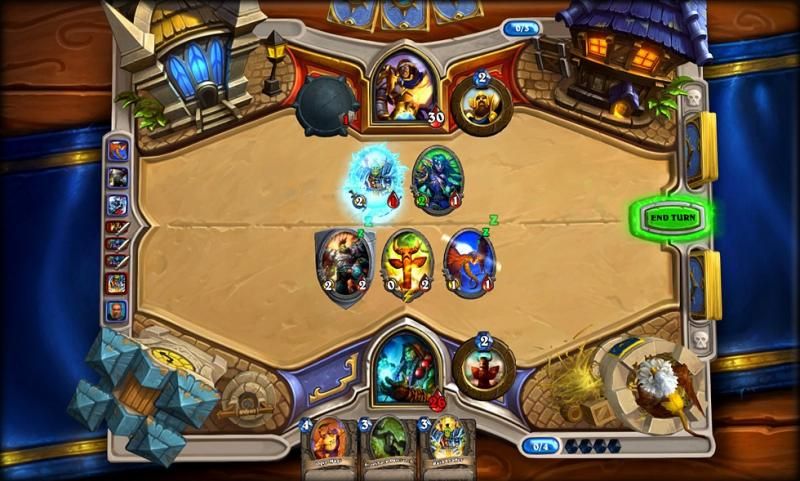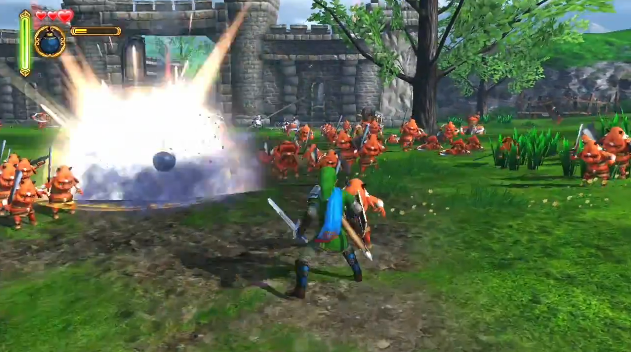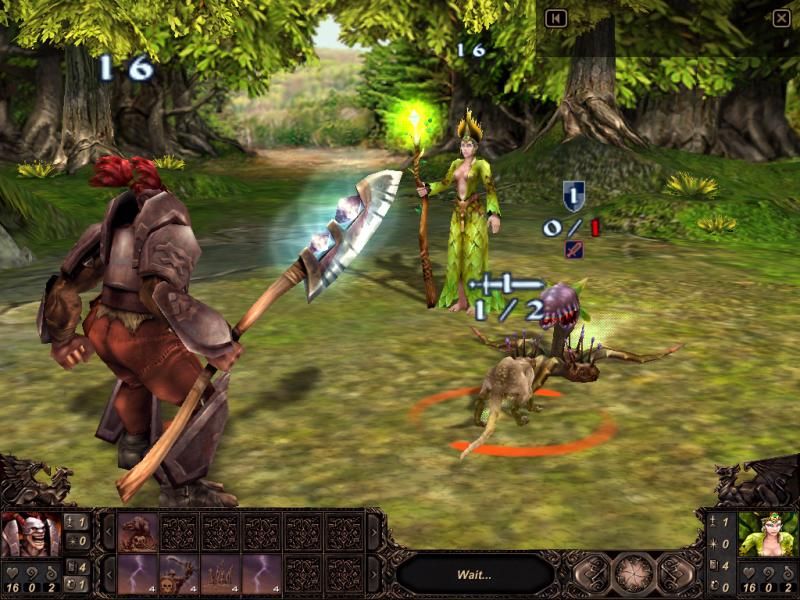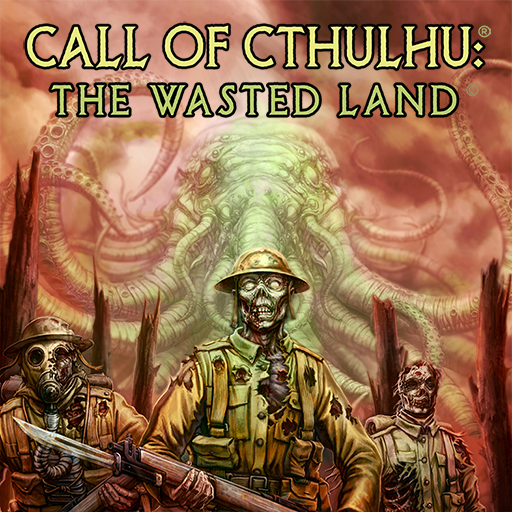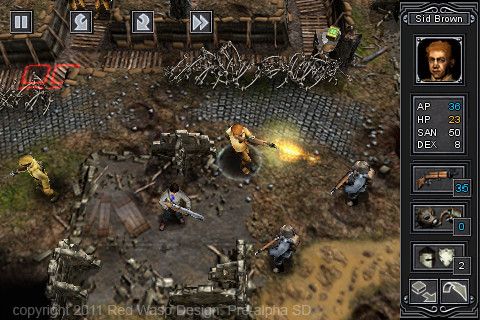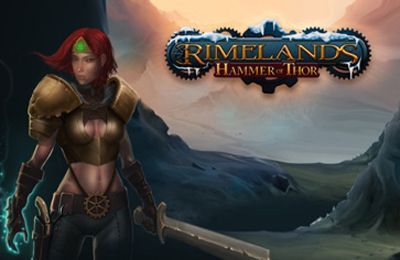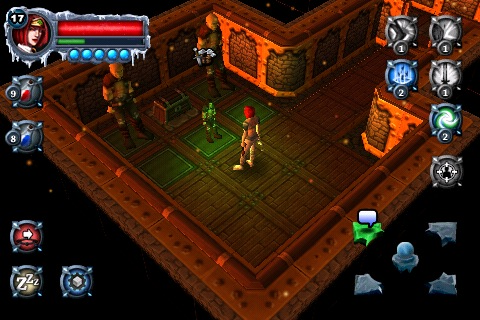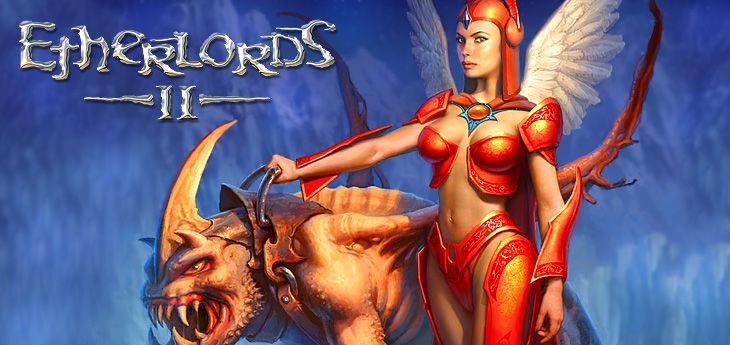
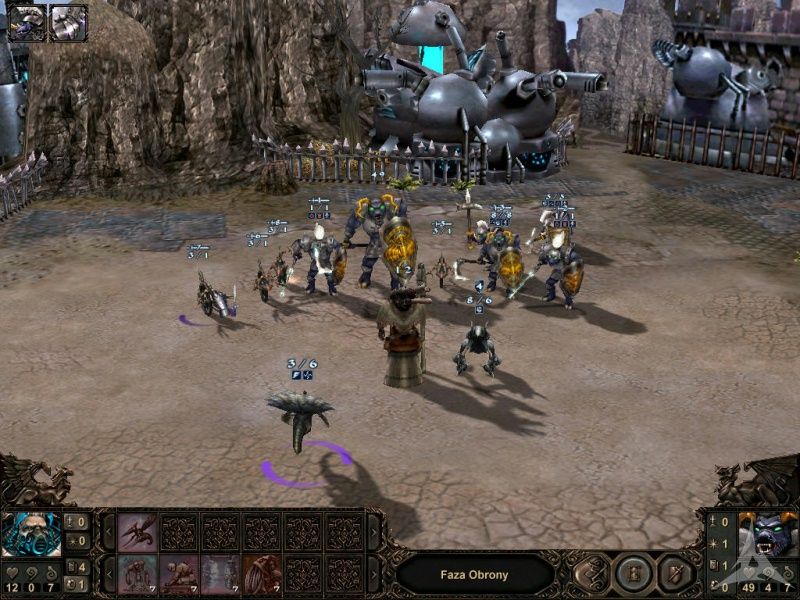
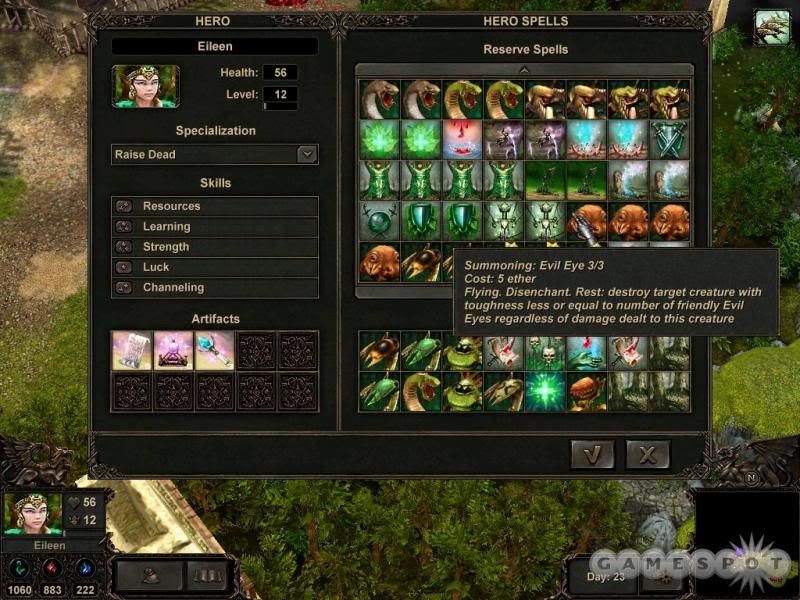
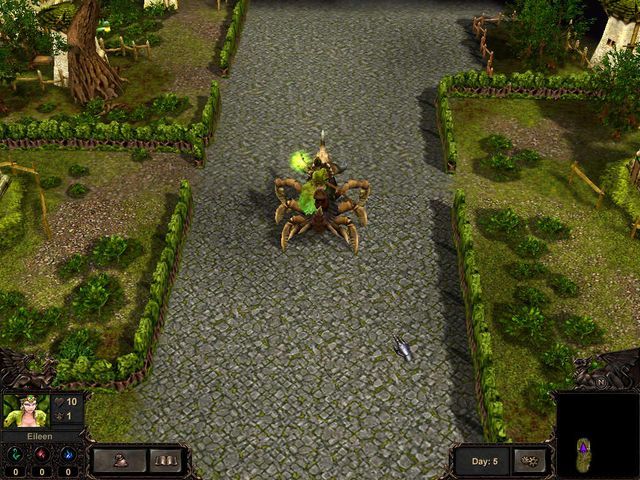
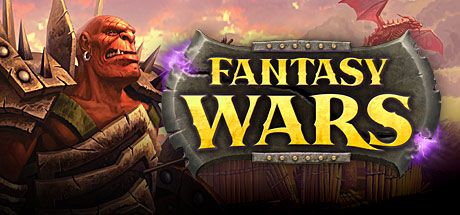
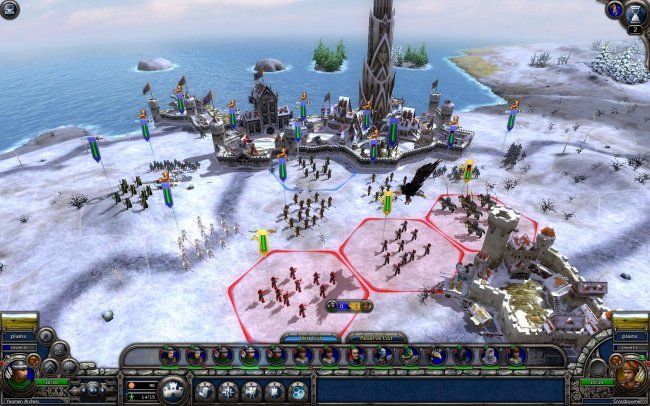
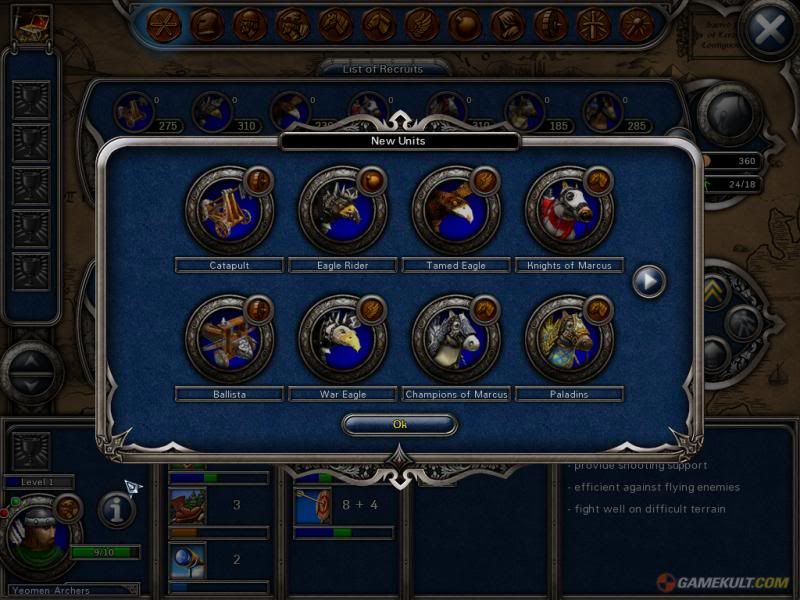
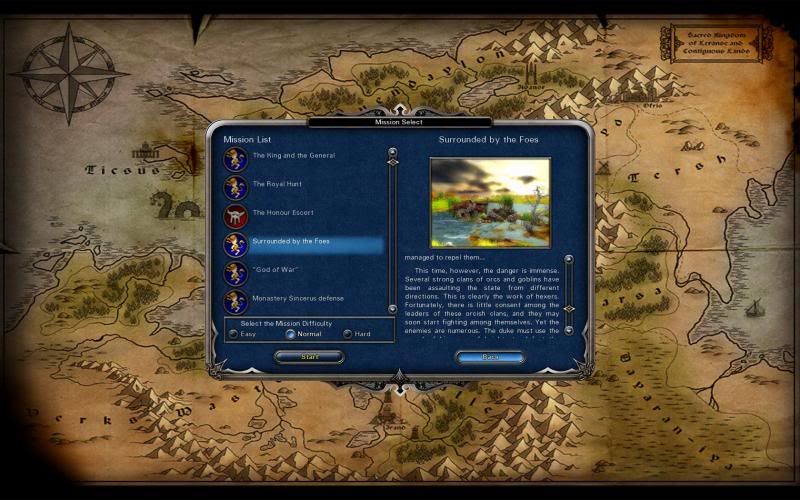
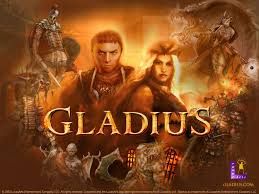
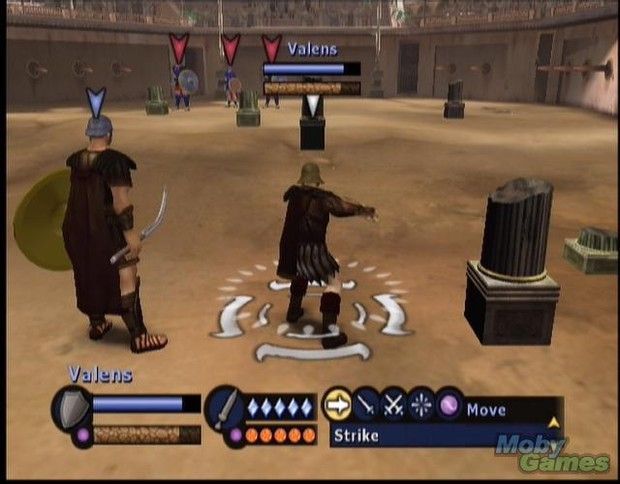
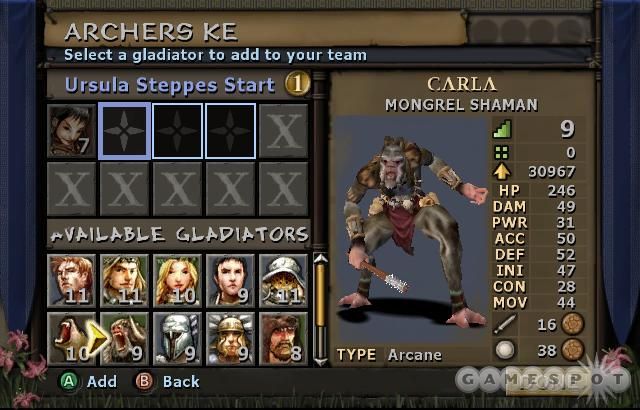
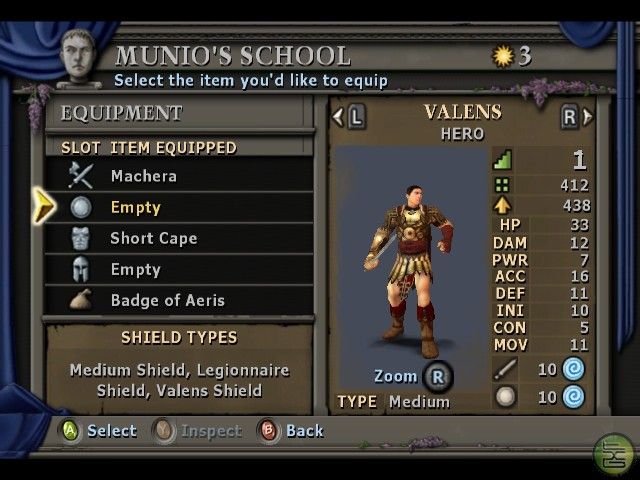
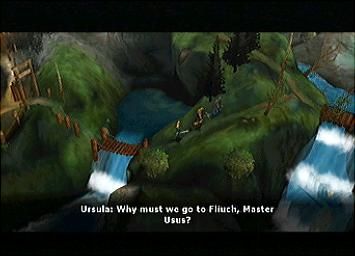
So here we are again with Part Two of my favourite turn-based computer games… You might as well start with Part One if you haven’t read it, which can be seen here.
One of the things about doing such a list as this is that people will (okay *can*) be quick to mention games that you haven’t actually played (and know little about), games which a “true guru of this genre” surely would have played and know about… Well I guess I fail on that count haha, and so please accept my humble apologies if there’s something I haven’t mentioned (e.g. classics like Total War or Rogue). This is after all, just my favourite games in this genre, taken from my 30+ years of gaming experience on various computers – starting with the venerable Atari 2600 (that number seemed so significant back then – “2600!? Wow that must be a powerful computer!”), progressing to a Commodore 64, then a series of Dos/Windows-based PCs and including consoles like Playstation, Nintendo Wii and Xbox 360.
So without further ado, here’s my sixth to fourth favourite turn-based computer games. I do note some similarities among these three games, namely that they’re all “less well known than the classics” (but better IMHO), they all have a significant story element, and all fall under the “fantasy” banner more-so than they do under “sci-fi” or “horror” (or something else). But that’s about where their similarities end as you’ll see, for they’re all completely different games…
6. Etherlords II
One of the most addictive games I’ve ever played is the original conversion of the phenomenally successful collectible card game Magic the Gathering, published by Microprose in 1997 and featuring a “campaign mode” set on the plane of Shandalar. But as good as this was, imagine that Etherlords II is a very similar game, only better on every level.
If you’ve never played the Microprose game, and have never played Magic: The Gathering, then much of this review won’t make much sense to you. But if that’s you, let me summarise Etherlords II for you as a quest-based fantasy game, where battles are done via “card games” with a deck of cards that you are constantly adding to and improving. Etherlords II uses (a very) similar set of rules to Magic the Gathering, but one that is far more streamlined, accessible to new players, and balanced than Magic the Gathering has ever been. It’s also a significant refinement on the original Etherlords, which got many things right but had a lot of issues as well.
For starters, Etherlords II has taken the design of the way “card battles” are handled in Magic the Gathering and simplified and improved on them (well I think so anyway). First of all, mana generation is simplified. Instead of having to draw the right lands in order to cast spells, you simply need to have sufficient channels in order to cast the spells you want – channels which you automatically accumulate a rate of one channel per round. This neatly resolves the issue of drawing starting hands with either too much, or not enough mana. And yes there’s still plenty of “mana acceleration” cards to use if you want to build that kind of deck. Secondly the complexities of timing in games of Magic the Gathering are done away with – you only cast spells on your turn and there’s only three types: Summons, Enchantments and Sorceries. There are artifacts you can find in addition to this, as well as powers that your planeswalker, I mean hero, can acquire, further increasing the variety of strategies you can use. The way attacking and blocking is conducted is slightly differently too by giving advantage to the attacker (they inflict their damage first), which has the benefit of speeding games up and reducing stalemate situations where neither side can penetrate the others’ defences. Stalemates are also further discouraged by imposing a maximum of ten summoned things on your side at any one time. But it’s another tweak to the Magic the Gathering rules that is the most effective at speeding up games and stopping stalemates: after a certain number of turns (10-15 or so from memory – just enough to kick in if the battle is taking too long), everyone starts to take cumulative “ether burn” on their turn. Everyone takes 1 ether burn in the first round, 2 in the next and so on, seeing a quick resolution to games in all cases (life totals are comparable to that in Magic the Gathering, ranging from 10 up to about 50 or so). This ether burn mechanic also makes “lockdown” or “stalling” decks quite viable (and yet still relatively quick).
(Example of one the “card battles” seen in Etherlords II – note that instead of showing cards in play, the game actually depicts the summoned creature with animations)
The cards themselves are also quite varied and balanced – giving if anything, a wider variety of viable decks than the Microprose game did even though that has more cards. In Etherlords II there are no “power cards” that every deck must strive to have, and most cards are competitive in the right deck. (This of course is in stark contrast to Magic the Gathering, particularly where the original cards are used as is the case in the Microprose game. Basically the more “power nine” cards a deck has, the better it will do).
(The deck-building screen in Etherlords II)
I also like the way the campaigns are designed (and there are five - one for each of the four basic magic types that are basically equivalent to Green, Red, Blue and Black in Magic the Gathering, and then a fifth “champions” campaign that I’ve never been able to complete cos it’s so damn hard). What I like about the way the campaigns are designed is their linear nature that only allows a “little bit of exploration and side-quests”. You won’t get lost on massive maps, get delayed on endless side-quests, be stuck for what to do, or spend days and days to finish a campaign. This also means you don’t get bored with the battles much either, since many opponents you’ll only fight once and few you’ll fight more than two or three times. The stories and the acting isn’t too bad either (but also nothing special)…
(The main view of Etherlords II – where your hero is wandering around the map to complete quests, find useful stuff and of course, find the next enemy to fight)
Lastly, this game features some attractive artwork and a very easy to use interface. So if you like Magic the Gathering at all, you really should check this title out, especially given there’s never been a sequel nor anything else that comes close (to my knowledge). You can grab a digital copy of this game for PC from the Good Old Games site for just $5.99 and from Steam for only $4.99
5. Fantasy Wars (and Elven Legacy)
I decided to group Fantasy Wars with its sequel Elven Legacy because (unlike say Etherlords and Etherlords II) they’re essentially the same game… In other words, you could play both with the same instruction manual and barely notice the difference (aside from the story itself). But from here on I’ll just refer to Fantasy Wars even though I’m actually talking about the sequel too.
The gameplay and concept are certainly nothing new, and yes, you can hardly say that the title is imaginative. (But let’s face it, neither is “Star Wars”). But it delivers what you expect it to – namely it’s a game involving “fantasy wars”, where you’re in command of various infantry, cavalry, archers, spell-casters, fliers, siege-engines, monsters and summoned beasts in a series of scenarios that comprise a campaign. In many ways a modern successor to the classic Fantasy General, battles are nicely rendered on a 3D hex map and the interface shouldn’t take more than a couple of minutes or so to master.
(The main gameplay view – which can be customised in a number of ways and the camera manipulated very easily)
Getting the hang of the rules and the interface is quite simple – particularly if you’ve played any kind of turn-based war game – but the game itself is anything but, and this is actually what I consider to be one of the strengths of this game. You see even on medium difficulty the game is quite unforgiving and requires the player to carefully evaluate each move they make. It’s with some amusement that I read of critic reviews where they complain this game is too hard since to me, they’re simply saying something to the effect of “I like this game except that I don’t like that I actually have to think through my moves and plan my strategy carefully. It’d be much better if I could just quickly click my way through the battles.”
“Easy to learn, hard to master” is often a mantra cited as something it is desirable for a game to aspire to, and Fantasy Wars certainly achieves this. Not only are the battles difficult, where you are typically outnumbered many times over and facing an AI that will ruthlessly exploit your mistakes, death is permanent (except in the case of a handful of heroes) and significantly, you only have a limited number of turns in which to complete any scenario. Completing a given scenario yields you either a gold, silver or bronze award, depending on how many turns you took (and you fail the scenario if you don’t complete it in time to get even a bronze award). At first I didn’t like this so much, as it means that if you have any hope of getting a gold award for a given scenario, you typically cannot explore the entire map, clear the map of all enemies, or take an overly cautious and risk-adverse approach when advancing your forces. But it is in your best interests to try to get the gold award (or at least silver) in every scenario due to the rewards you get. A gold award will give you an additional unit that’s very useful, a magic item that’s also very useful and enough money to upgrade your units or buy/replace units to keep up with the scenarios that have increasingly tougher enemies. A silver award usually just gets you the item and some money, while the bronze award is usually only the money, so to keep ahead of the “game difficulty curve” you’ll need to keep getting silver or better on each scenario. And believe me when I say that even the most “expert” player will be hard-pressed to get gold in every scenario (especially in some of the scenarios in the sequel), and even more so without sustaining casualties. I know of a playthrough for the sequel where the author obtained a gold award in every scenario on the hardest difficulty, but I suspect that some scenarios took a few attempts this way and am pretty sure that they didn’t manage it without casualties either. Yep Fantasy Wars and its sequel, is easily one of the most challenging, if not the most challenging turn-based games I’ve ever played.
But if you like turn-based games with a challenge where you have to think through your moves carefully, I cannot recommend this game highly enough. The graphics while not “amazing” are very effective and certainly more than adequate for this kind of game, combined with an exceptionally easy to use interface, simple yet strategically complex rule set (combining different units that level up along different advancement trees, with skills, spells and magic items), and an engaging story. And the battles certainly get quite epic towards the end of each campaign where a scenario can easily take three hours or more to complete (given this isn’t a game you cannot ever afford to “rush”).
(From the army management screen – here we see some new units that are available after a completed scenario)
Some players will find this simply “too hard” though, but if you apply the below tips, you’ll find you’ll fare A LOT better:
- · Take note of the Sight ranges of your enemies. Typically enemies won’t move from their starting positions if they can’t see you. Most units only have a Sight range of 2 hexes, while scout and flying units will have a Sight range of 3 hexes. Use this to your advantage and stay out of sight until you are ready to hit the enemies with your combined forces, lest you find that the enemy suddenly mobilises to crush your vulnerable units.
- · Invisible scouts that can see far and can see invisible are a life-saver. They enable you to see the enemy before it sees you and plan your attacks accordingly. Without them you’re really quite blind on the battlefield and often only one false step away from disaster. Plus scouts are great for quickly reaching locations that may contain magical items or yield you more gold, which are crucial roles when your number of turns is so limited.
I could go on, but I’ll let you figure out the rest for yourself (that really follow the fundamentals of good strategic turn-based play anyway). But the above two points in particular will make a big difference to your game if you’re struggling…
(The world map can be seen in the background with a list of some of the one-off scenarios in the foreground)
With the original game you get three campaigns of about ten scenarios each (one for Humans, one for Orcs and one for Elves) plus a few one-off scenarios. Then with the sequel and its three expansions you get a lot more – including new units, spells, enemies and magical items.
You can download Fantasy Wars for PC from the Good Old Games site for $9.99, Gamers Gate for $9.95 or from Steam for $14.99. The sequel Elven Legacy for PC can be downloaded from Steam for $4.99 and the Elven Legacy collection (containing Elven Legacy plus the three expansions) is available from Gamers Gate for $14.99 or from Steam for the same price.
4. Gladius
The last one I’m sharing today is this remarkable gem that’s only ever been released on Gamecube, PS2 and Xbox. Already having a Nintendo Wii, I went out of my way to get a Gamecube memory card and controller just so I could play this, and I’m glad I did. (There are ways of course to experience this on PC, but they’re not legal so I won’t publicise them here). Gladius is quite possibly the greatest turn-based computer game I’ve ever played and easily one of the most unique and innovative ideas I’ve seen (I’ll get to why it’s “only” fourth on my list in due course). It’s a crying shame that there’s unlikely to ever be a sequel (it doesn’t help that Lucas Arts that produced it have stopped making games) and it’s not really that surprising to me that those who’ve been fortunate enough to play it regularly cite it as not only the best turn-based console game but the best turn-based computer game ever made…
In Gladius you manage your own school of gladiators – including spell-casters and beasts – training them in different skills and improving their equipment as you lead them around the fantasy world to compete in different tournaments that each have their own arenas, rules and opponents. The better your school becomes, the bigger the tournaments you can enter. And with each tournament featuring a different arena (each varying in size and layout), different rules (tournaments are often restricted to certain types of gladiators and battle rules might be a battle to the death say, a “capture the flag” scenario, or something else) and a wide variety of fantasy opponents, no two battles are the same.
(The gameplay screen where gladiatorial battles are fought – the example seen here is one of the simpler arena layouts)
The sheer variety in the gladiators you can acquire, their skills, items and subsequently the differing strategies you can employ is quite staggering… And overwhelming. Having finished the game once (which will take quite a long time!) I still feel like I’ve hardly scratched the surface of all the different possibilities here. I could play the same campaign again with a completely different team. It does have a campaign story as well, which is good for what it is, but you won’t be focused on that so much as you’ll be trying to figure out which tournament you should compete in next and which gladiators you’ll use for it. Oh and you can get into battles outside the arena too (but try to avoid these where you can since death is permanent here, unlike in the arena).
(An example of one of the screens where you manage your gladiators, equip them and recruit new ones)
There’s also a less strictly turn-based mode which uses dexterity-based tasks with timer bars to determine the strength of your hit. But I don’t think any “true fan” of turn-based strategy would use this (and in fact it actually undermines the strategy element of the game since you simply need to get good at the timing and use heavy-hitters to cruise through the game in this way). In proper turn-based mode you’ll find this game a great challenge (and some tournaments you may be unable to win and need to find easier alternatives). Not to mention this game is quite addictive…
(Another example of one of the screens where you manage your gladiators – here you can change what equipment is being used and also purchase new items)
Gladius also has some other innovations that make for interesting strategies, such as moves that take more than your current turn to complete, meaning that gladiators can be moving on another’s turn if they’re running from one position to another. This is in addition to hundreds of items, skills, enemies, tournaments and places to explore on the world map. It’s just a shame it’s not available on PC and that it didn’t achieve the sales to justify a sequel as there really isn’t another game even remotely like this (that I’m aware of anyway).
(Here’s a view of the world map you’ll be exploring a lot too. It’s hard to find many screen shots of the world map but hopefully this gives you an idea…)
So that concludes Part Two. The forthcoming Part Three will cover my top three picks, which you may be wondering about given how much I’ve raved about the above titles… Well to give you a hint, I am influenced by nostalgia when it comes to my picks, and if there’s a computerised version of a game that I already know and love, then I’m sold… My top three picks are all based on games that are at least twenty years old and there’s a good chance you’ll recognise their sources. But even if you’ve actually played the conversion, you may find out something new about them – for all three are still being modified and improved upon to this day J
But that’s for next time!
